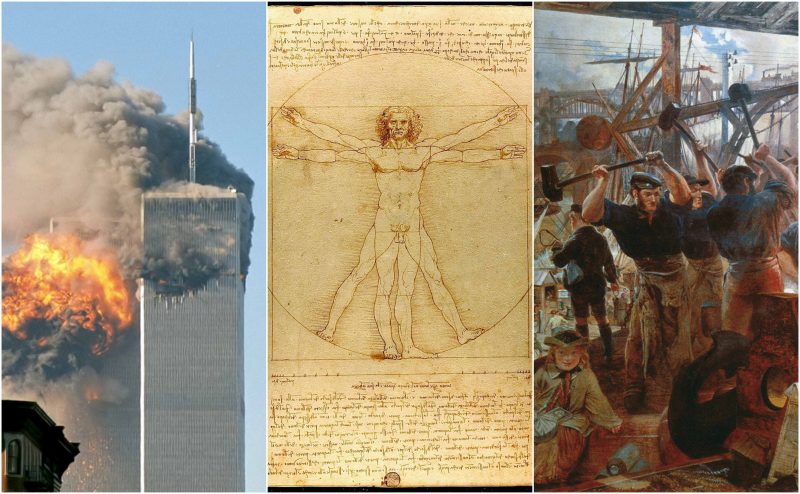Here is a list of the top most notable things that happened in history, past and present:
-
9/11
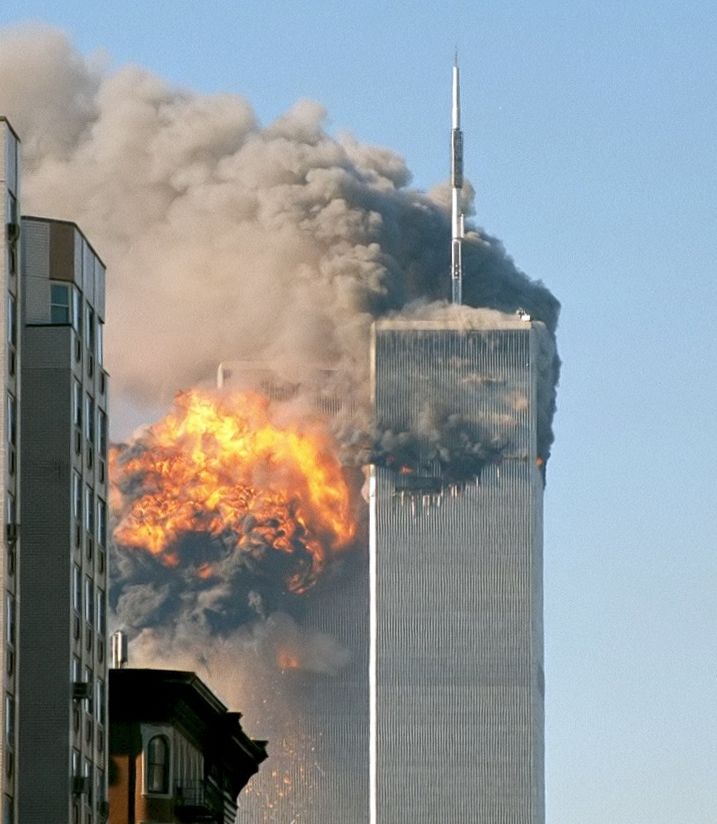
The north face of Two World Trade Center .Source
A majority of the world knows how four planes were hijacked by terrorists and brought major destruction and sadness to New York on September 11, 2001. How did this event change the world? It triggered the Global War on terrorism. Anti-terrorism laws were made because of these attacks. While the laws were made to generally prevent another tragedy, they muddied the waters with the issue of stereotyping all Muslims as terrorists, spouting major hatred toward the religion, particularly in the United States. This eventually led to the Iraq war in 2003 and the U.S. Invasion of Afghanistan in order to stop the Taliban. Everything changed with how people reacted to terrorism and the financial issues it caused.
-
The birth of Muhammad in 570 AD
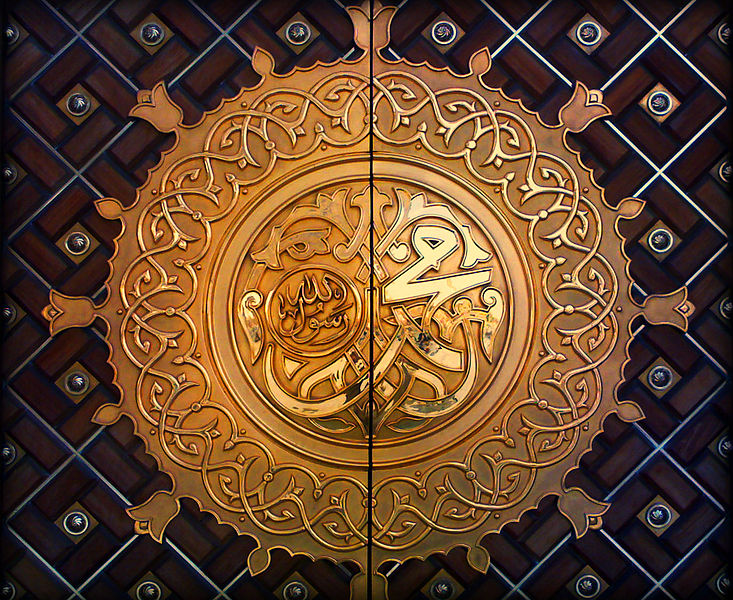
Muhammad’s name,.Source
Muhammad’s birthday is not as important as his having given birth to Islam as a religion. He was the founder of one of the largest religions in the world. Before the world’s recent fears arose due to terrorism, Islam was actually considered the religion of love and had been a bridge for people to learn about art and science. This religion set the stage for the Italian Renaissance and the Crusades.
-
The birth of Christianity
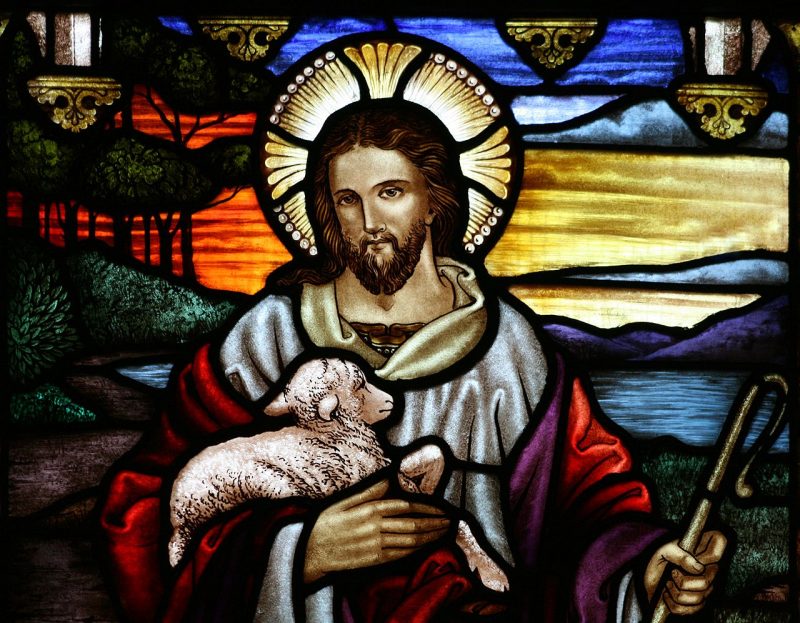
Jesus.source
The religion of Christianity goes back for centuries, having had roots in the early Jewish culture and even in Paganism. Although many people may take it for granted, there are many indications of this religion’s influence. The reason Christianity is on the list is because it made men literate. People passed on the word of this religion in schools, welfare centers, and healthcare facilities. These people were the first missionaries of the church; if not for the church and its missions, the world would not know as much about science, art, and revolution.
-
Reformation
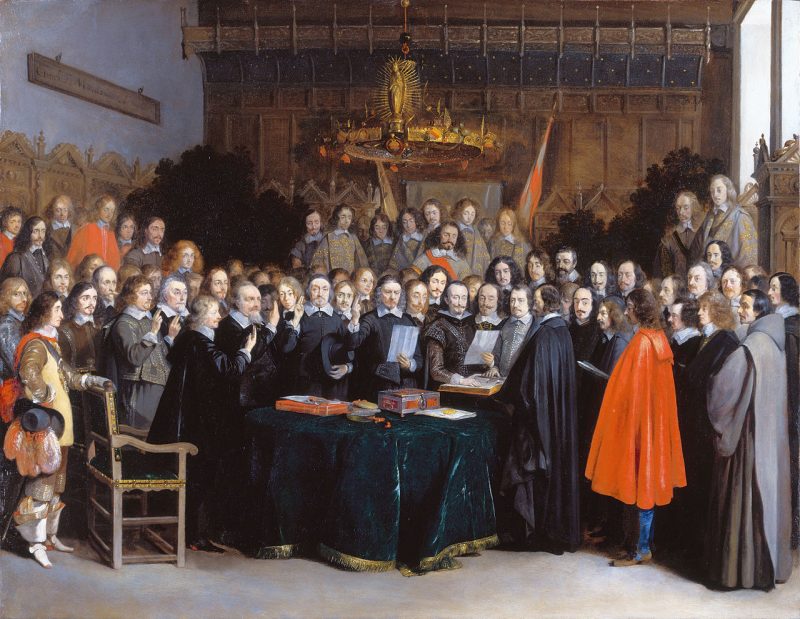
Reformation.Source
The Reformation was led by Martin Luther’s 95 theses, which he originally posted in order to question the authority and practices of the Roman Catholic Church. Because of Luther’s tenets, people during the 16th century became more literate and reasoned in their thought, which made this a major European Movement. This resulted in many Protestant churches being built, especially in the New World. However, the most important thing is that it decentralized the power of the Roman Catholic Church and its clerics. The Industrial Revolution would have never been possible had this not happened.
-
Medical Revolution
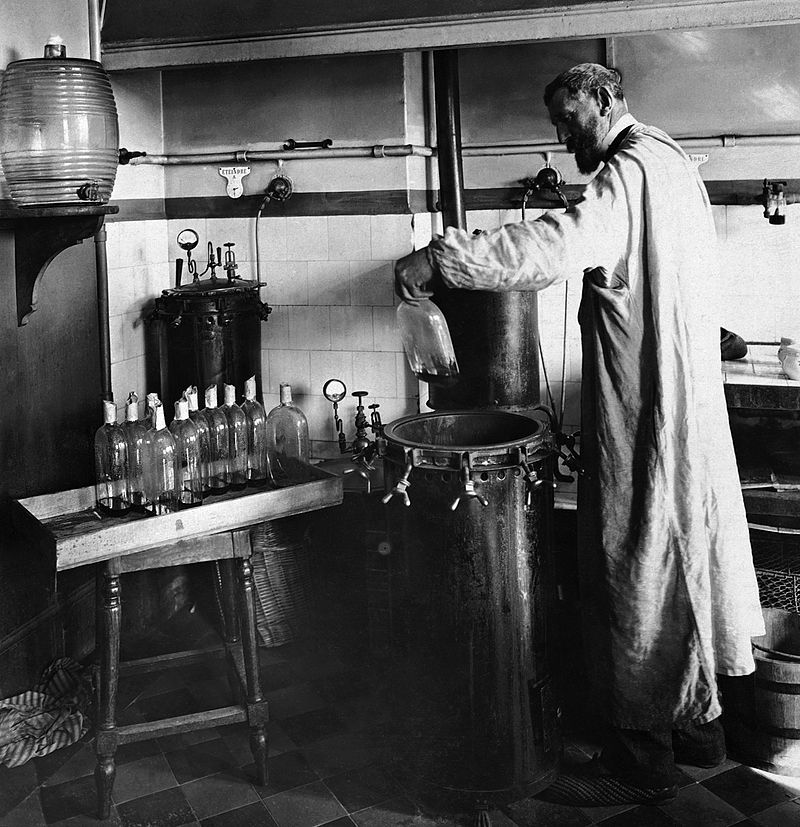
Louis Pasteur experimenting on bacteria, c. 1870.Source
This one is a no-brainer. Without curious people who studied the human body we would not have doctors, or at least well-trained, experienced ones. The discovery of penicillin alone has saved many lives, and vaccinations generally have prevented the extinction of the human race.
-
Assassination of Archduke Franz Ferdinand in 1914
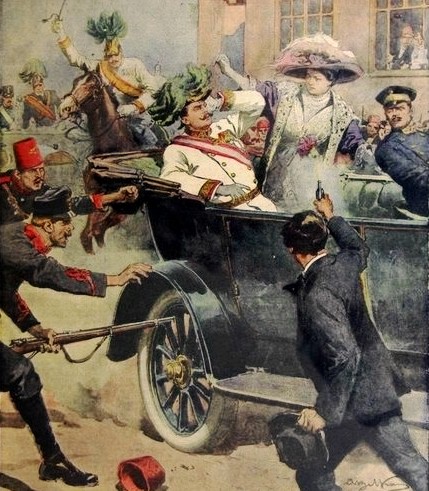
drawing of Achille Beltrame depicting Gavrilo Princip killing Archduke Francis Ferdinand of Austria in Sarajevo.Source
Although at first glance this doesn’t seem like that big of an event, it actually is. It meant the beginning of World War I because it caused Austria-Hungary to declare war on Serbia. This was the first time that wars were fought with such lethal weapons as chemical weapons and tanks, resulting in nine million deaths. Whole empires collapsed in countries like Russia and Austria and the war led to the formation of the League of Nations. It also gave rise to the Russian revolution, which contributed to the beginning of World War II.
-
The Renaissance
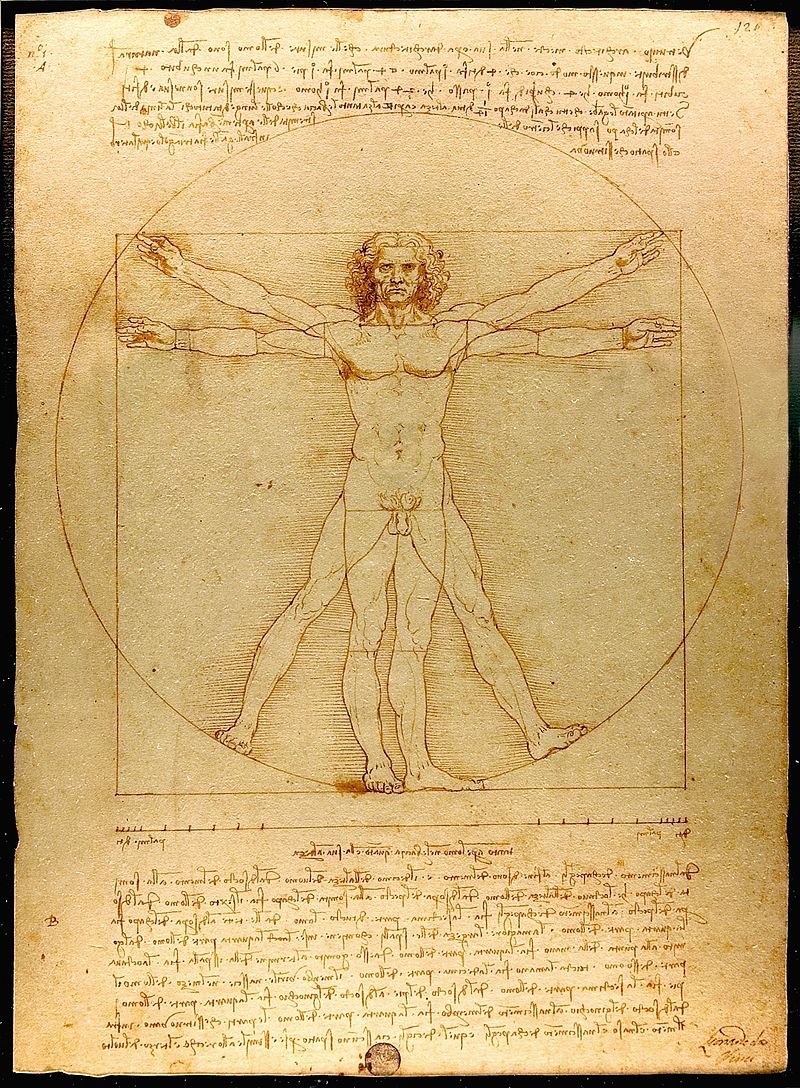
Leonardo da Vinci’s Vitruvian Man (c. 1490).Source
This time, period brought forth some of the greatest artists of all time – Raphael, Michelangelo, and Da Vinci. This era triggered the cultural rebirth of Europe after it had been nearly wiped out by the Black Plague. Columbus and Vasco de Gama had changed world maps and intended to look for new lands. Books were printed for everyone; the common man, not just priests and monks, was able to own books.
-
Invasion of Poland by Germany 1939
The United States and France declared war on Germany after Hitler and his army invaded Poland, triggering the start of World War II. Eventually, the war would cause Germany to be divided and occupied by the Soviets and the Allies, in turn, one of the causes of the Cold War and the Arms Race.
-
Industrial Revolution
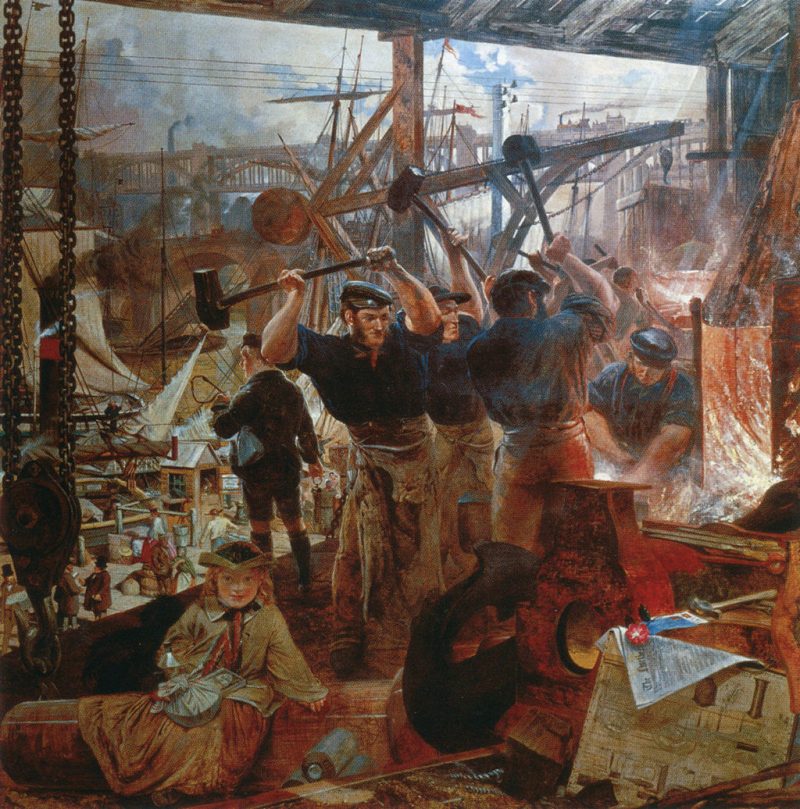
Industrial Revolution.Source
In the 1760’s, the Industrial Revolution of England began, and thanks to that we now have our modern businesses and technology. The attempt to abolish Feudalism encouraged new ideas and logic that drove mankind to excel.
-
Boston Tea Party 1773
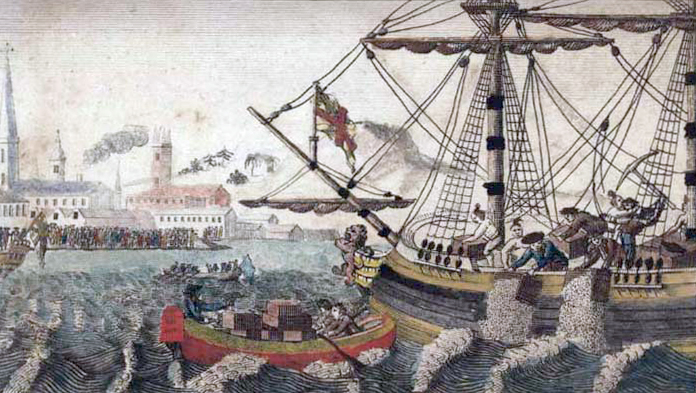
Boston Tea Party.Source
This event triggered the American Revolutionary War. America was the first nation to oppose the monarchy and with 13 colonies looking for independence against the British Military, it was a full-scale war. The war between the American colonies and England brought in other nations of Europe as well, with the French siding with the colonies. The American Congress ended up declaring their independence in July 1776, historically giving rise to the French Revolution, the Russian Revolution, and wars for independence in all of the colonies. Great Britain ended up losing major colonies and suffered major financial losses and world influence.
